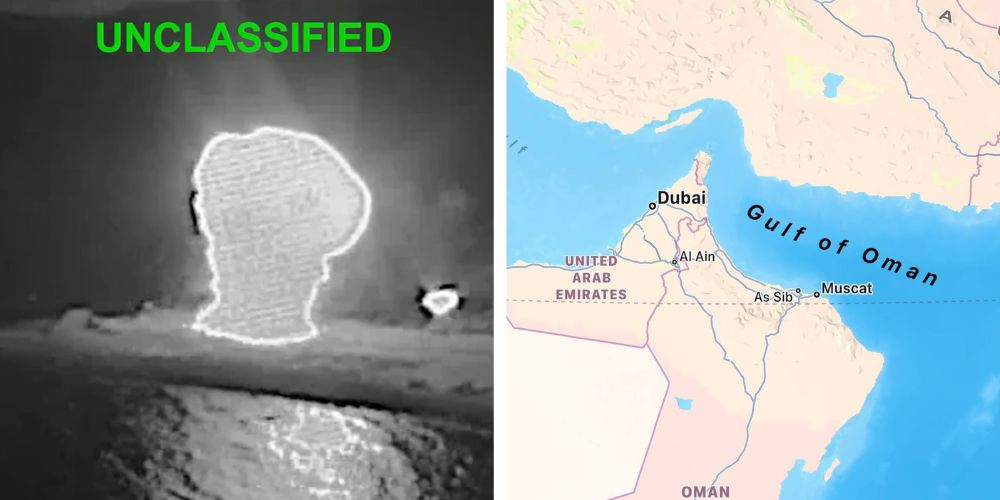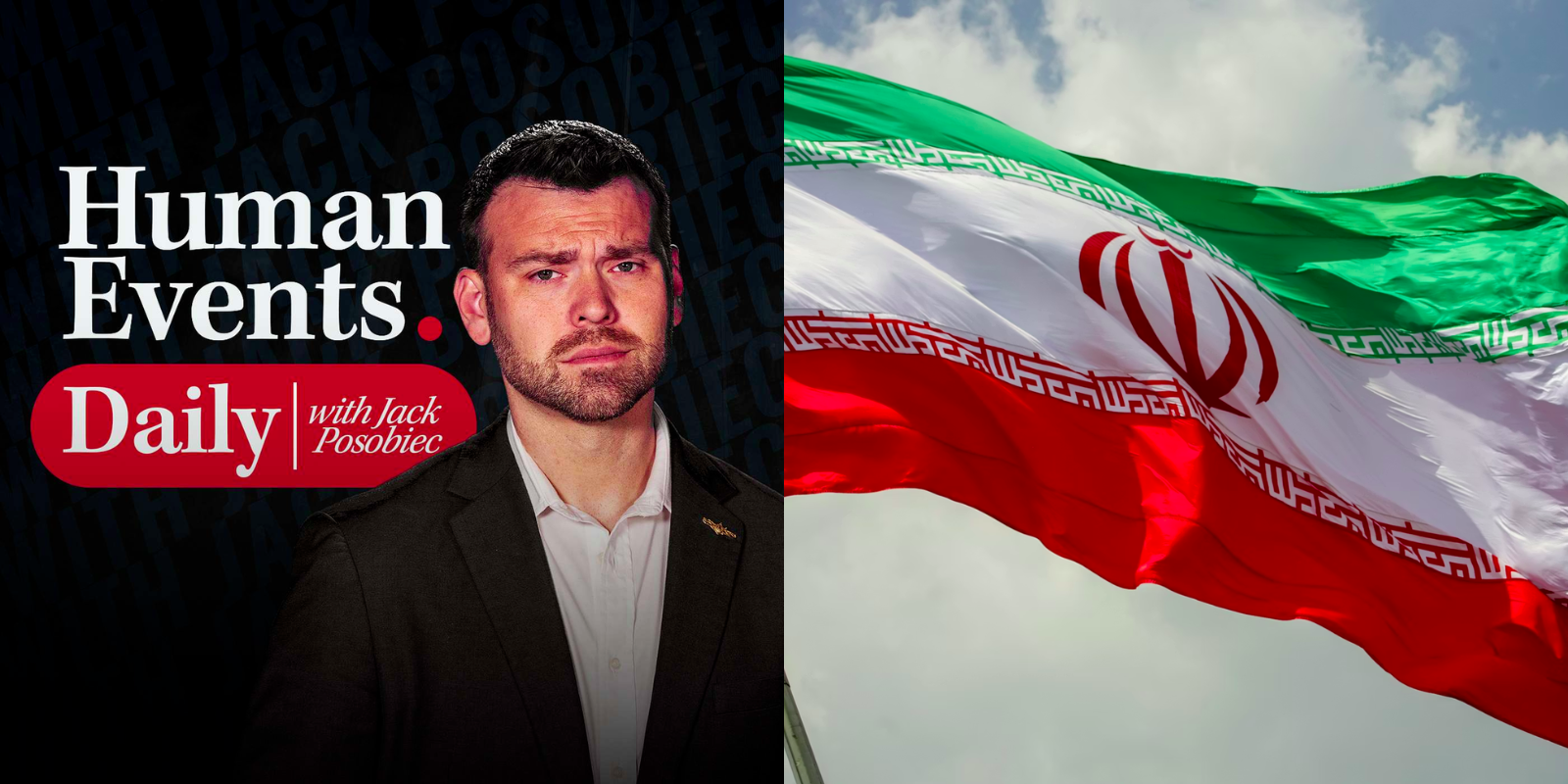Above the quiet forests of a snow-capped American border, there rests an anxious, resource-rich Canadian province yearning to breathe free. What many of their neighbors to the south see as an advantage—namely charismatic Prime Minister Justin Trudeau and rigorous climate change policy—is, in actuality, a burden to hapless Albertans. They want out.
This oil-focused economy, driven by Alberta, may seem outdated in our global age of climate change. To the Trudeau government, it is. However, such an economy would fit right in the United States.
The premise sounds a little like the convoluted subplot in an encyclopedia-sized David Foster Wallace novel. But, since the day Trudeau was elected Prime Minister in 2015, an Albertan separatist movement has quietly simmered. Despite the fact that the movement is not completely organized, approximately 41% of Albertans already state they’d be better off away from their home country.
During its tenure, Trudeau’s government has been acting as a poster child for several left-wing western political parties. Trudeau draws much international admiration for his embrace of ambitious solutions to social and environmental justice. Yet, there is no ship wanting to sail further away from the young prime minister than Alberta. Culturally speaking, the province is closer to Texas than Ontario. The Albertan branch of Trudeau’s very own Liberal Party, in fact, has a whopping zero seats in Alberta’s devolved legislature.
Money, of course, plays a massive role in the Albertan separatist movement. The Athabasca oil sands dominate the western province, something which Trudeau has threatened to phase out as part of his determined climate agenda. These oil sands are critical for the Albertan economy, as a sizable portion of Canada's GDP belongs to energy and drilling. Oil is Canada’s top export.
This oil-focused economy, driven by Alberta, may seem outdated in our global age of climate change. To the Trudeau government, it is. However, such an economy would fit right in the United States. After all, states like Texas, Alaska, and North Dakota continue to see profitable oil ventures as federal climate change legislation revolves around building a free market around renewable energy and fossil fuels, while still aiming for Trudeau’s goal of net-zero emissions. America’s model, which doesn’t make reducing pollution mutually exclusive with the economy, can act as a solution to all of Alberta’s problems.
Alberta would also be a welcome reprieve for an American conservative movement with its territorial integrity now in question. As Democrats propose granting statehood to liberal-leaning Puerto Rico and Washington, D.C., Republicans shudder at the thought of the potential congressional and electoral consequences.
To mend their political crisis, Republicans could use a hypothetical Albertan territory to ensure the Republican Party sees a similar rise in congressional representation. But, before it achieves statehood, we should probably stop and ask: could Albertan separation be won in the first place?
Actually, yes.
[caption id="attachment_183911" align="aligncenter" width="1920"] Alberta.[/caption]
Alberta.[/caption]
THE ROAD TO SOVEREIGNTY
The poorly-named Clarity Act, passed in 2000 by the Canadian parliament, was initially seen as a way to please the restless Quebecois, who were on the verge of an independence referendum. The Act was seen as a safeguard against an unmitigated revolution at the time, and by granting more federalism to each province, it initially worked.
The first step for a sovereign Alberta? A referendum. There would need an organized opposition to Canadian rule.
But it didn’t take the option of independence off the table. Instead, it offers a more bureaucratic pathway to a province leaving the country that is remarkably similar to the European Union’s escape clause, Section 50.
The first step for a sovereign Alberta? A referendum. There would need an organized opposition to Canadian rule. Out of the 41% of currently-dissatisfied Albertans could emerge a prized wave of debates, advertising, and talking heads. It would likely be comparable to the 2016 Brexit campaign, which led to the United Kingdom’s leaving of the European Union.
Indeed, the current rise in isolationist conservatism across the world, from an unsteady Brussels to a heated Washington, has come from places just like Alberta. A chunk of the electorate in democracies across the world have felt left behind, voiceless—first Wales, then Pennsylvania, and now, Alberta.
Perhaps these efforts feel reckless or irrational. But, the burst of shock that came from the isolationist votes of 2016 resulted in attention to everyday problems. Now, in London, Keir Starmer’s Labour Party fights for the millions of working-class voters who held their nose and marked, “Leave.” The Democratic Party has brought Scranton-born Joe Biden to offer solutions that make sense for the Rust Belt. It seems that, after a few years of searing political battles in the Western democracies, blue-collar voters are getting their due from both sides.
The same cannot be said, however, of Trudeau’s Liberal Party—which still refuses to compromise for Alberta. A country should always strive for an innovative future, but not at the cost of its own citizens. In the recent past, democracy after democracy has gotten this message and have adapted their ambition accordingly. Yet, Albertans wait to hear their voice inside their own country.
It isn’t too late for the government to change course, but the people of Alberta are getting sick of waiting for the Trudeau government to stand for them. If they need to threaten separation to have their voice translate to policy, then so be it. As then-President Clinton said during a 1999 address in Quebec, “When a people thinks it should be independent in order to have a meaningful political existence, serious questions should be asked.”
The people of Alberta have lived under federalism, and yet, their questions have not been answered on the national scale. Luckily for them, if Ottawa won’t listen, there’s always Washington.
 Annexing the oil-rich Canadian province could solve its many woes.
Annexing the oil-rich Canadian province could solve its many woes.





